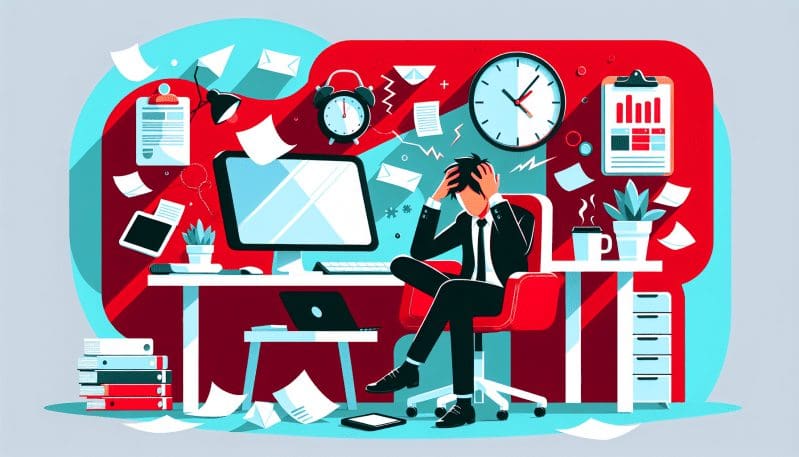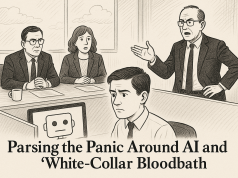As Stress Awareness Month unfolds, ‘The Work Times’ delves into the pervasive issue of chronic stress in the workplace—a silent crisis that has been largely overlooked, yet significantly affects workers’ health, productivity, and overall well-being. This is the hidden epidemic of the modern working world, thriving amidst the relentless demands of the gig economy, digital connectivity, and the increasingly blurred lines between professional and personal life.
Our investigation begins by dissecting the root causes of workplace stress. We look at the rise of the gig economy—a labor market characterized by the prevalence of short-term contracts or freelance work as opposed to permanent jobs. While the gig economy offers flexibility, it also brings insecurity, erratic income, and a lack of benefits that can lead to constant anxiety for workers.
Furthermore, the digital age has tethered workers to their jobs beyond the traditional workday. Emails, messages, and notifications bleed into evenings and weekends, eroding the separation between work and personal life. This ‘always-on’ culture has made it difficult for many to decompress and has been linked to an array of health issues ranging from burnout to heart disease.
The Work Times compares current company policies and practices with historical data to understand how workplace stress has evolved. We find that, despite a greater awareness of mental health, many companies continue to perpetuate a high-stress environment through unrealistic deadlines, excessive workloads, and a culture of constant connectivity.
However, it’s not all grim. We also spotlight businesses that are pioneering innovative ways to alleviate stress among their workforce. These range from implementing mandatory ‘unplug’ times to offering wellness programs and providing more autonomy over work schedules. These efforts not only support employee well-being but also enhance overall productivity and job satisfaction.
Drawing on the experiences and voices of our informed readership—akin to those of the Washington Post, The New Yorker, and The New York Times—we provide a critical analysis of today’s workplace culture. Our report includes expert interviews with psychologists, corporate leaders, and labor economists, along with personal anecdotes from workers across various industries, to paint a comprehensive picture of this multifaceted issue.
In conclusion, ‘The Work Times’ sheds light on the pressing need for a corporate culture shift towards prioritizing mental health and creating healthier work environments. We encourage a conversation for change and champion policies that support work-life balance and stress reduction. As we spotlight the hidden epidemic of workplace stress, we call on our readers and society as a whole to advocate for a healthier, more sustainable approach to work in the modern economy.




























